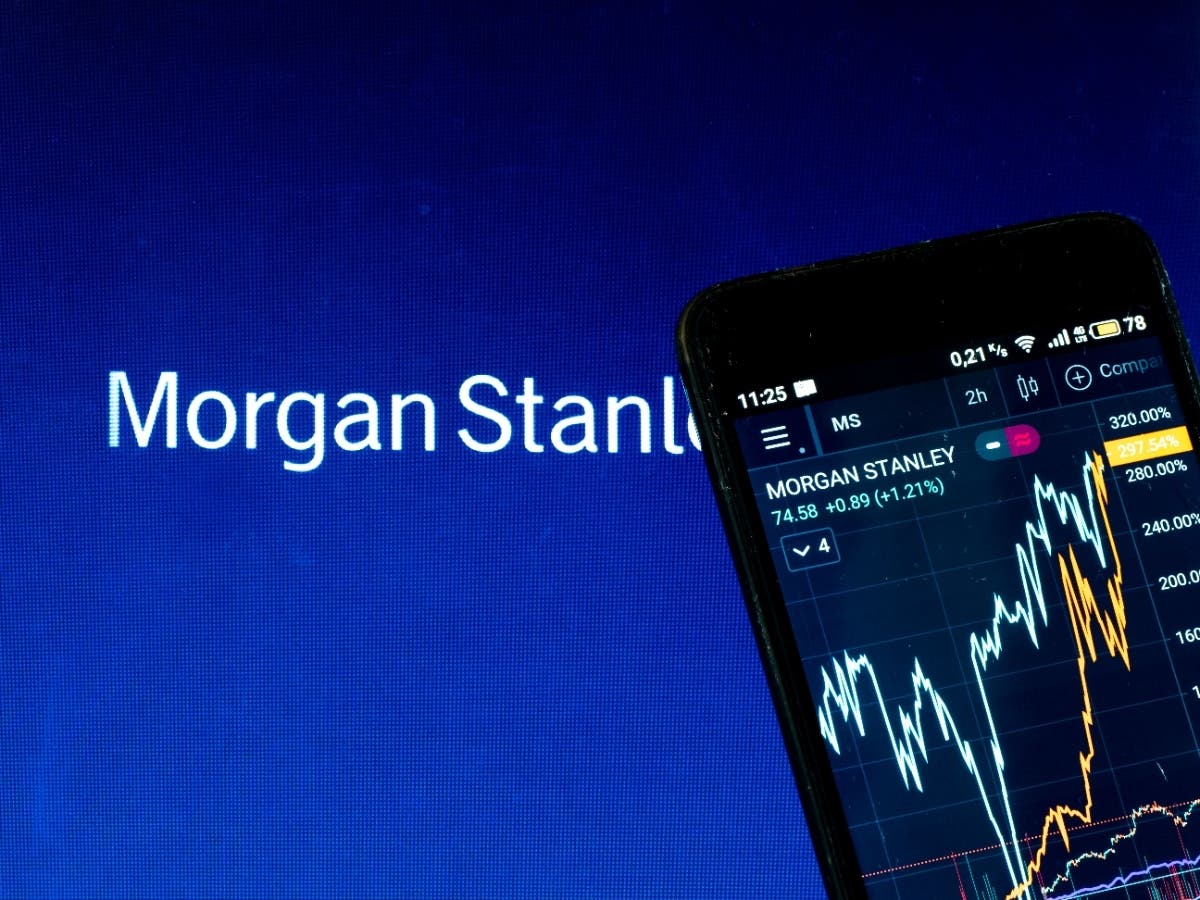Business & Tech
Morgan Stanley Faces $53M Suit In Queens Court Over Idea Theft
A woman sued Morgan Stanley for using an idea she shared in a job interview in its own research, which garnered the firm at least $53M.

QUEENS, NY — Michelle Kirkland was interviewing for a job at Morgan Stanley in Aug. 2016, when she shared an idea with Vietta Grinberg, an executive at the financial firm, about how the business could improve its financial analytics tools.
Kirkland, who had worked with Morgan Stanley in the past, did not get the job, but about a month later, the firm published a piece of research with “striking” similarities to Kirkland’s insights, prompting the firm to receive between $53 million and $121 million in revenue, a new lawsuit contends.
The millions that Morgan Stanley made from its September Research Note is “directly attributable to its misappropriation of Ms. Kirkland’s idea as its own,” the complaint reads, however according to the suit, Morgan Stanley — a firm with a market value of over $191 billion — refused to provide “any form of compensation to Ms. Kirkland for its use of her idea.”
Find out what's happening in Queenswith free, real-time updates from Patch.
Morgan Stanley declined to comment when Patch reached out about this lawsuit.
Kirkland’s research
Around the time of Kirkland’s interview, new financial industry regulations were on the horizon in the United States and European Union, which would require the financial industry to bill customers separately for research and services, according to the suit.
Find out what's happening in Queenswith free, real-time updates from Patch.
Financial companies, like Morgan Stanley, would historically hide research fees by bundling them with the price of other services, but Kirkland thought that once the cost of research was differentiated, customers wouldn’t pay for it, records show.
Kirkland realized that instead people would use less costly automated systems and discount brokers — like Schwab and E*TRADE — in order to understand financial products, leaving an “enormous unmet need in the market for tools that ordinary investors” use, the suit contends.
In response to questions in her interview, and in a follow-up email, Kirkland shared her idea that Morgan Stanley could create a software-based system that would provide information to investment advisors and investors about bonds and other fixed-income products, records show.
The lucrative opportunities for digital and discount brokers is the exact research that Michael Cyprys, a research analyst with Morgan Stanley, published in the September Research Note.
Morgan Stanley, however, would not have published this insight without the idea from Kirkland, the lawsuit contends, noting that on several occasions earlier in the year Cyprus hadn’t mentioned how the upcoming financial industry regulations could disrupt the opportunities for digital and discount brokers.
According to the suit, Grinberg shared — or failed to stop others from sharing — Kirkland’s idea with Cyprus, who used it in Morgan Stanley’s research to the firm’s financial benefit.
How Kirkland’s research made Morgan Stanley millions
Publishing research is a part of how Morgan Stanley demonstrates its competence, which encourages clients to hire the firm for its expensive services.
The lawsuit contends that Morgan Stanley made between $53 million and $120 million “by passing off Ms. Kirkland’s idea as its own.”
Kirkland, however, who shared the idea in the context of an interview, later found out that Grinberg thought she was “not the right fit” for the job — which Kirkland was informed about by a third-party after Grinberg didn’t respond to her follow-up emails, records show.
The executive had “no intention [of] hiring Ms. Kirkland for the contractor position” at the time of her interview, the suit contends.
Kirkland, however, shared her research and financial tool ideas in the context of an interview, where she thought her ideas would be used to evaluate her for a job, not to get Morgan Stanley more revenue, according to the suit.
Morgan Stanley “destroyed the idea’s confidentiality,” and “took from Ms. Kirkland the ability to develop her idea” for her own profit,” the suit contends, in its explanation of why Kirkland deserves damages of “no less than $53 million” — the minimum that the firm made from her idea, according to the suit.
Get more local news delivered straight to your inbox. Sign up for free Patch newsletters and alerts.